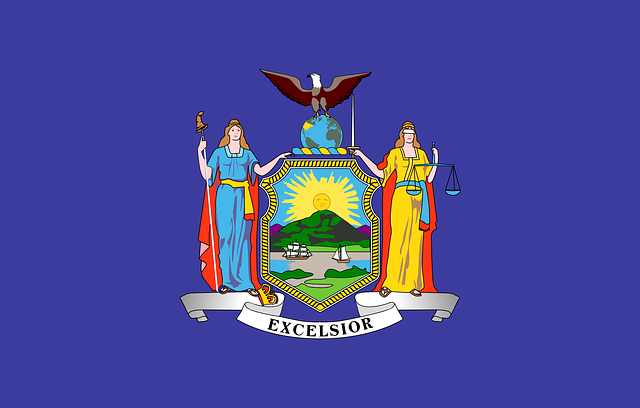Share This Article:

Could Injured Construction Worker Hammer Gen Contractor with Negligence Lawsuit?
06 Apr, 2025 Chris Parker

What Do You Think?
In New York, when there a subcontractor has workers’ compensation coverage, the injured employee may still be able to sue the general contractor for negligence. But this is generally not the case if the general contractor can show that it was the injured worker’s “special employer.”
A case involving a construction worker injured by a hoisted cement beam on the jobsite is a case in point. The worker was employed by a subcontractor, Core Contracting. Suffering a wrist injury, he sued the general contractor, Petrillo contracting, for negligence. He argued that Petrillo violated Labor Law § 240(1) by failing to provide him with an adequate safety device.
Petrillo asked the lower court to dismiss the case on the basis that workers’ compensation benefits are the exclusive remedy for employees injured at work. But the worker was employed directly by Core Contracting. So Petrillo argued that it was his “special employer,” and thus also could not be sued. In New York, if an employee receives workers’ compensation benefits from an employer, it may not sue a special employer for negligence.
Petrillo didn’t offer much, or any, evidence concerning who controlled the employee’s work. The employee stated that Core Contracting supersivors told him what to do. Petrillo’s owner said Core supervisors provided the day-to-day direction and control on the work site for Core laborers and that the defendant's employees did not direct or control Core laborers.
The lower court agreed with Petrillo and dismissed the case. The worker appealed.
In New York, to determine whether there’s a special employment relationship, courts consider various factors, including:
- Who controls and directs the manner of the employee's work;
- Who is responsible for payment of wages and benefits;
- Who furnishes equipment;
- Who has the right to discharge the employee; and
- Whether the work being performed was in furtherance of the special employer's or the general employer's business
Was the general contractor insulated from Petrillo's negligence lawsuit?
A. Yes. A general contractor is always considered a special employer for purposes of the exclusivity provision of the workers’ compensation act.
B. No. It didn’t show that it directly controlled the employee’s work.
If you selected B, you agreed with the court in Narvaez v. Petrillo Contracting, LLC, No. 2020-05671 (N.Y. Sup. Ct. App. Div. 04/02/25), which held that Petrillo failed to establish that it was insulated from the negligence lawsuit.
Noting that control over the employee’s work is the key factor, the appellate court stated that the lower court should never have dismissed the case. This was because Petrillo didn’t present evidence about the above factors, particularly who control the manner and outcome of the employee’s work.
Further, the employee said that Core supervisors directed and controlled his work. The statements of Petrillo’s owner confirmed that when he said that it was supervisors from Core who directed the employee’s work on the jobsite.
Thus, Petrillo failed to make a case that it was the employee’s special employer and thus exempt from his negligence lawsuit. The appellate court reversed the dismissal of the case.
AI california case management case management focus claims compensability compliance courts covid do you know the rule emotions exclusive remedy florida FMLA glossary check Healthcare health care hr homeroom insurance insurers iowa leadership medical NCCI new jersey new york ohio osha pennsylvania roadmap Safety state info technology texas violence WDYT west virginia what do you think women's history women's history month workcompcollege workers' comp 101 workers' recovery Workplace Safety Workplace Violence
Read Also
About The Author
About The Author
- Chris Parker
More by This Author
Read More
- Apr 28, 2025
- Liz Carey
- Apr 28, 2025
- Frank Ferreri
- Apr 27, 2025
- Frank Ferreri
- Apr 27, 2025
- Chris Parker
- Apr 27, 2025
- Chris Parker
- Apr 25, 2025
- Liz Carey




